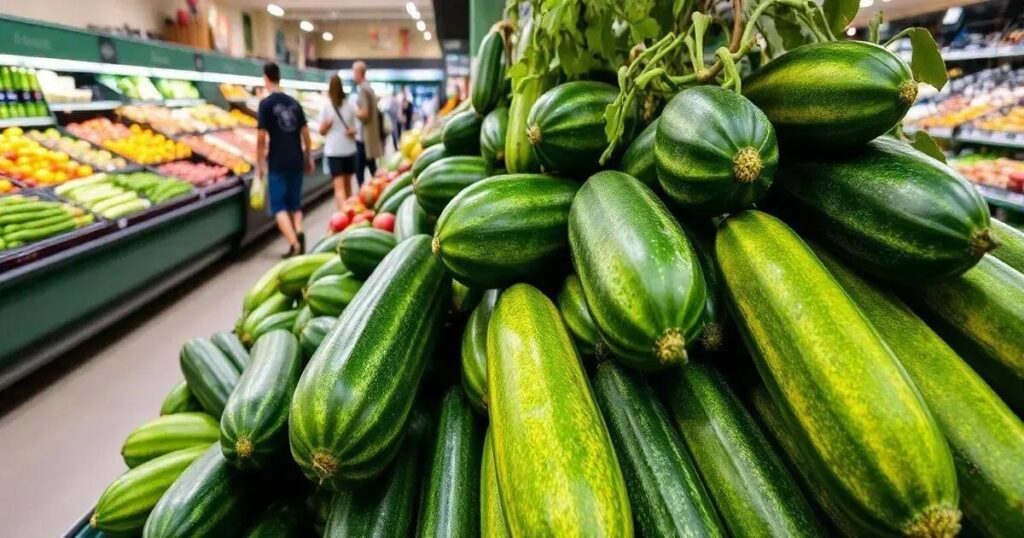If you’re wondering where to buy African Cucumber in the USA, top options include Whole Foods Market, Trader Joe’s, local farmers’ markets, and specialty grocery stores. To select fresh African Cucumber, look for vibrant colors, firm texture, and avoid blemishes. This unique fruit offers several health benefits, including hydration and rich nutritional value, making it a great addition to your diet.
If you’re asking, ‘Where to buy African Cucumber in the USA?’, you’re not alone! This unique fruit is gaining popularity in culinary circles for its refreshing taste and numerous health benefits. In this guide, we’ll cover where you can find African Cucumber in various stores across the country. From local farmers’ markets to specialty grocery stores, this article will help you locate this exciting ingredient for your next dish!
Understanding African Cucumber
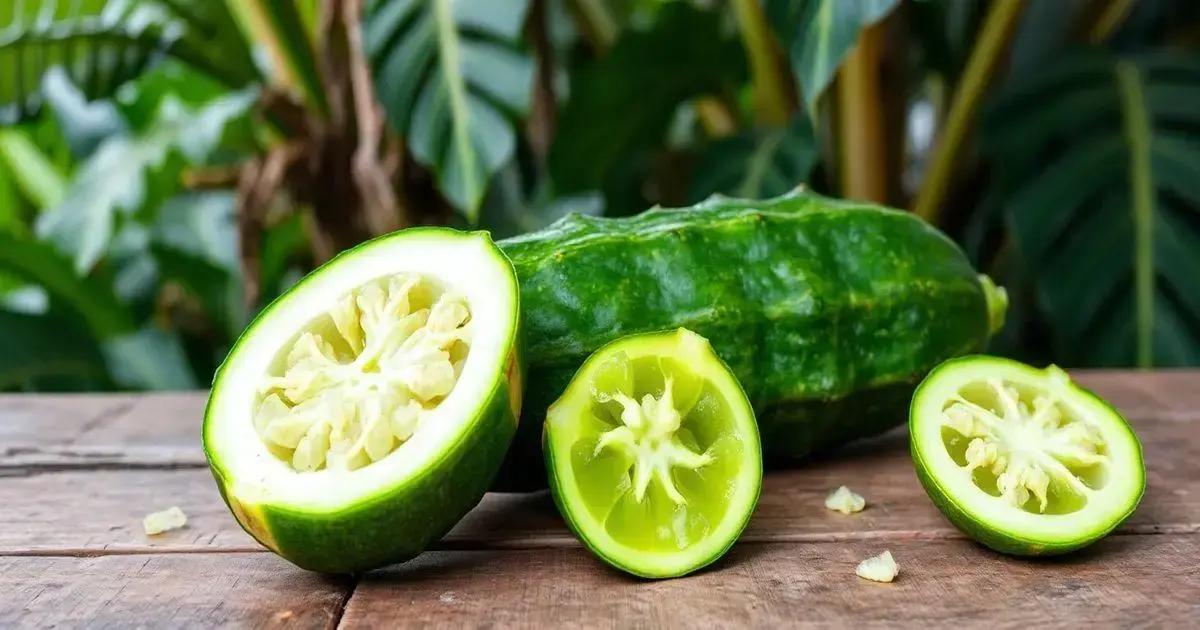
African Cucumber, also known as kiwano or Cucumis metuliferus, is a unique fruit native to Africa. Its vibrant yellow-orange skin and spiky appearance make it stand out in any produce section. Inside, you will find a green, jelly-like flesh filled with small seeds, offering a refreshing and slightly sweet flavor profile.
This fascinating fruit is not only visually appealing, but it also has a rich history. Indigenous to southern Africa, African Cucumber has been cultivated for centuries. Traditionally, it was appreciated for its ability to survive in arid conditions and provide hydration to those in need.
Flavor and Texture
The flavor of African Cucumber is often described as a mix between banana and cucumber, with a slightly tart twist. The texture is gelatinous, which makes it a great addition to salads, smoothies, and desserts. As you slice it open, you will be captivated by its striking green color that contrasts sharply with its exterior.
Nutritional Value
Besides its delightful taste, African Cucumber is packed with nutrients. It is low in calories but high in vitamins and minerals, making it a healthy choice for snacking. Rich in vitamin C and antioxidants, it helps support your immune system and overall health. Additionally, it contains essential fatty acids which aid in hydration and skin health.
Growing and Harvesting
Growing African Cucumber is relatively easy. It thrives in warm climates and can be grown in home gardens or farms. The fruit grows on a vine and can be harvested when the outer skin turns bright yellow or orange. Once harvested, it can last for several days at room temperature and even longer when refrigerated.
Health Benefits of African Cucumber
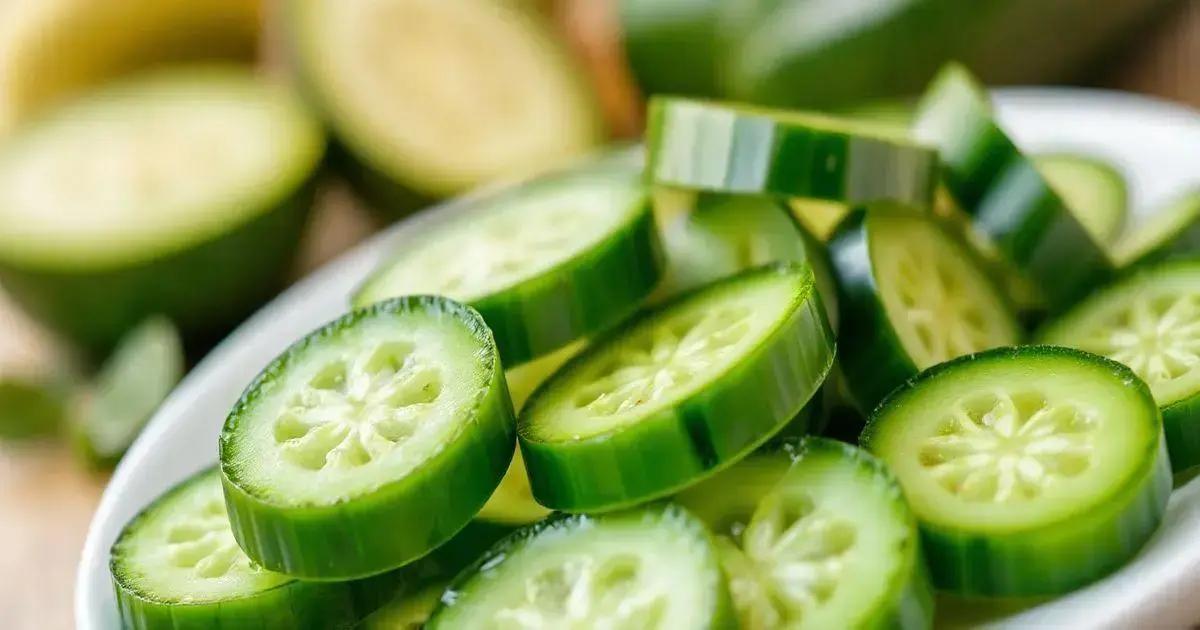
African Cucumber is not just a tasty fruit; it also offers a variety of health benefits. First and foremost, it is highly hydrating due to its high water content. Consuming this fruit can help you stay hydrated, especially in warmer climates.
Rich in Nutrients
This fruit is low in calories but packed with essential vitamins and minerals. It contains vitamin C, which is vital for your immune system. Additionally, African Cucumber includes antioxidants that help fight free radicals in the body.
Supports Digestion
Another benefit of African Cucumber is its dietary fiber content, which is essential for digestive health. Eating foods rich in fiber can prevent constipation and promote regular bowel movements.
Boosts Skin Health
Due to its rich content of vitamins and antioxidants, African Cucumber can also support healthy skin. The hydration it provides can contribute to a glowing complexion, while antioxidants may help combat the effects of aging.
May Aid Weight Loss
If you are looking to maintain a healthy weight, incorporating African Cucumber into your diet could be beneficial. Its low calorie and high water content can make you feel full without consuming too many calories.
In summary, adding African Cucumber to your meals not only enhances flavors but also provides numerous health benefits that contribute to overall wellness.
Top Stores in the USA to Buy
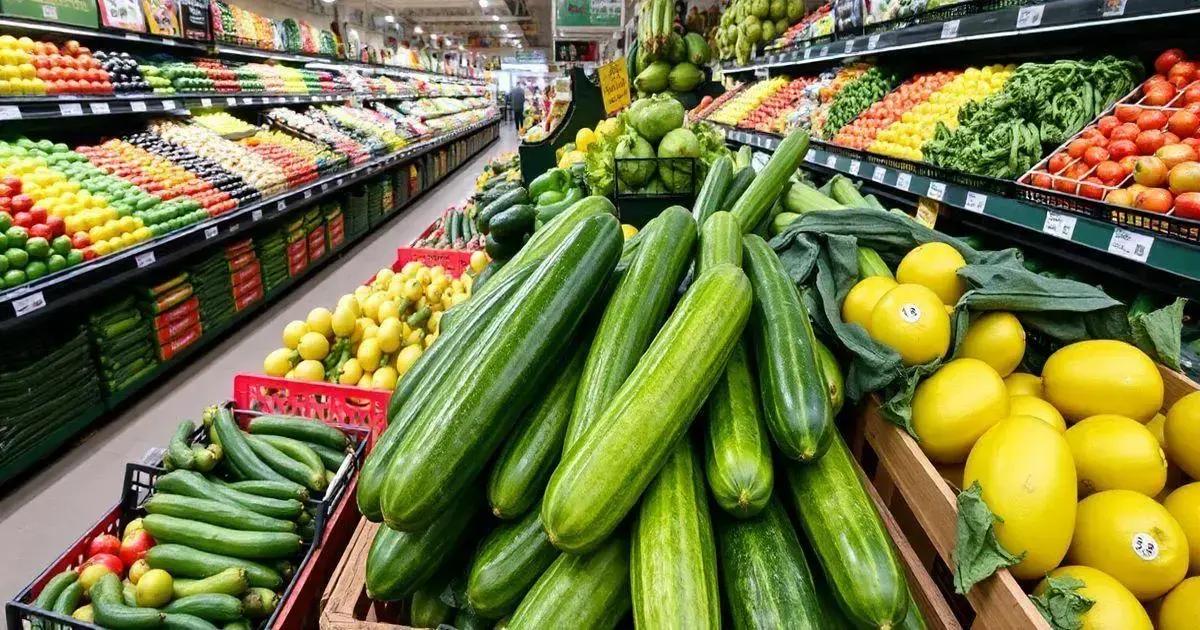
If you’re looking to buy African Cucumber in the USA, several stores are known for carrying this exotic fruit. Here are some top options where you can find it:
1. Whole Foods Market
Whole Foods is a popular choice for fresh produce, including African Cucumber. Their focus on organic and sustainable products often means that you’ll find high-quality options. Check the produce section or ask a store associate for assistance.
2. Trader Joe’s
Trader Joe’s is another great store to consider. They frequently have unique and seasonal items, so keep an eye out for African Cucumber in the produce aisle. The staff is friendly and can help you locate this fruit.
3. Local Farmers’ Markets
One of the best places to buy fresh and local fruits is at farmers’ markets. Check your local listings to find farmers’ markets in your area that might feature African Cucumber. Purchasing directly from farmers can also guarantee freshness.
4. Specialty Grocery Stores
Many specialty grocery stores, particularly those focusing on different ethnic cuisines, may carry African Cucumber. Stores that specialize in African or international foods are likely to stock this unique fruit. If you have any local ethnic markets, definitely give them a visit!
As you explore these options, keep in mind that availability may vary. It’s always a good idea to call ahead to confirm if African Cucumber is in stock.
Tips for Selecting Fresh African Cucumber
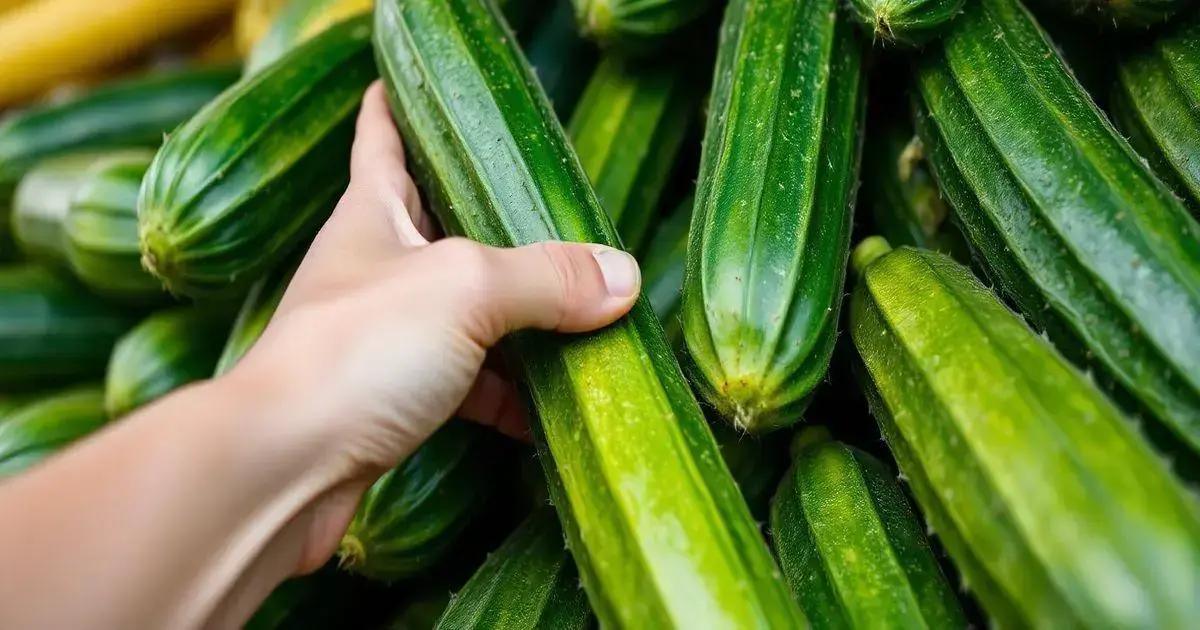
Selecting fresh African Cucumber is essential for enjoying its unique flavor and health benefits. Here are some helpful tips to ensure you choose the best ones:
1. Look for Bright Color
When choosing African Cucumber, look for a fruit with a bright yellow-orange color. This indicates that the cucumber is ripe and ready to eat.
2. Check the Skin Texture
Feel the skin of the cucumber. It should be firm and slightly spiky. Avoid any cucumbers with soft spots, wrinkles, or blemishes, as this may indicate overripeness.
3. Assess the Size
Choose cucumbers that are medium to large in size. Smaller cucumbers may not be as flavorful or juicy as their larger counterparts.
4. Smell for Freshness
Fresh African Cucumbers have a mild, earthy smell. If you notice any off-putting or sour odors, it’s best to avoid that fruit.
5. Ask for Help
If you’re unsure, don’t hesitate to ask store staff for assistance. They can help you find and select the freshest cucumbers available.
By following these tips, you can ensure that you’ll enjoy the best experience possible when eating your African Cucumbers!
In Summary: Embracing the Delight of African Cucumber
African Cucumber is not only a unique and tasty fruit, but it also offers numerous health benefits that can enhance your diet. By understanding where to buy African Cucumber in the USA, you can explore various locations, from specialty stores to local farmers’ markets.
When selecting fresh African Cucumber, remember to look for vibrant colors and firm skin to ensure the best quality. With these handy tips and insights, you can confidently incorporate this refreshing fruit into your meals.
Embrace the flavors and nutritional advantages of African Cucumber, and enjoy the journey of discovering new culinary delights!
FAQ – Frequently Asked Questions about African Cucumber
What is African Cucumber?
African Cucumber, also known as kiwano, is a unique fruit native to Africa, known for its bright yellow-orange skin and green, jelly-like interior.
What are the health benefits of African Cucumber?
African Cucumber is low in calories, rich in vitamins, hydrating, and high in antioxidants, which can aid in digestion and improve skin health.
Where can I buy African Cucumber in the USA?
You can find African Cucumber at stores like Whole Foods, Trader Joe’s, local farmers’ markets, and specialty grocery stores that focus on international foods.
How do I select fresh African Cucumber?
Look for cucumbers that are bright in color, firm with a slightly spiky texture, and free from soft spots or blemishes.
How should I store African Cucumber?
To store African Cucumber, keep it in the refrigerator where it can last for several days. Avoid exposing it to direct sunlight.
Can I eat the seeds of African Cucumber?
Yes, the seeds are edible and provide a crunchy texture which adds to the fruit’s unique eating experience.

